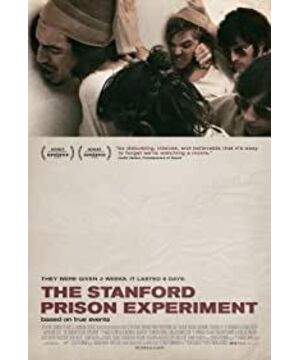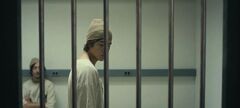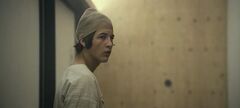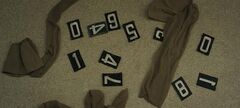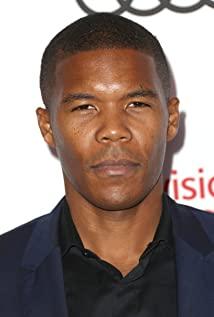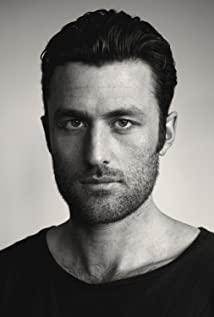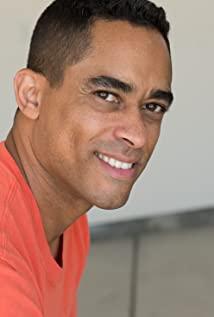I am not a psychology major and I have heard of the Stanford prison experiment. My fellow psychology classmates even agree that this is simply true. A legendary existence. Now that I have made a movie, I can really feel the Lucifer effect very intuitively.
I can still remember a few anecdotes about filming that Zimbardo mentioned:
1. The investment in this film is not high, but the directors and screenwriters are very serious to go to the basement of the Stanford Psychology Building where the experiment was done at the time to measure the size. The scene, the level of fidelity makes Zimbardo very recognized, and I can’t feel the difference. The script itself is basically in line with reality.
2. Because of the low investment, the film omitted some content. For example, the real police arrested the students and brought them there. The police station carried out a series of real standard procedures for prisoners before taking photos, transcripts, etc. to create a sense of reality
that they are prisoners. 3. The old man in the movie is in reality Zimbardo’s colleague. In fact, the two are similar in age, and they were not a kind of Zimbardo at the time. The questioning attitude is only the attitude of academic discussion. Zimbardo was very proud and couldn’t understand why the director wanted to shoot like this. It seemed that the elders were to the young hhh
. 4. The reason for the termination of the real experiment: consistent with the movie, a priest told the prisoner that you need a lawyer to let you out, and one of the prisoners let your parents out. Contacted a cousin whose profession is a public defender. After that cousin came, he really went through the standard procedure for prisoners and asked questions. . (Although these students are not real prisoners) Finally, I said that I would come back to ask questions on Monday. I was not that the lawyer could not get the student out of prison. The student broke down and cried on the spot. Zimbardo realized that the experiment had gone too far. The experiment was terminated.
In fact, as long as the students who participated at the time said that they had quit the experiment and wanted to quit, they could really quit, but most of them really fell into too deep to forget their true identity. So even though this experiment has many unreliable influence factors, the results are really shocking.
Like Zimbarardo asked, do you think he is a good Zimbardo or a bad Zimbardo?
View more about The Stanford Prison Experiment reviews


